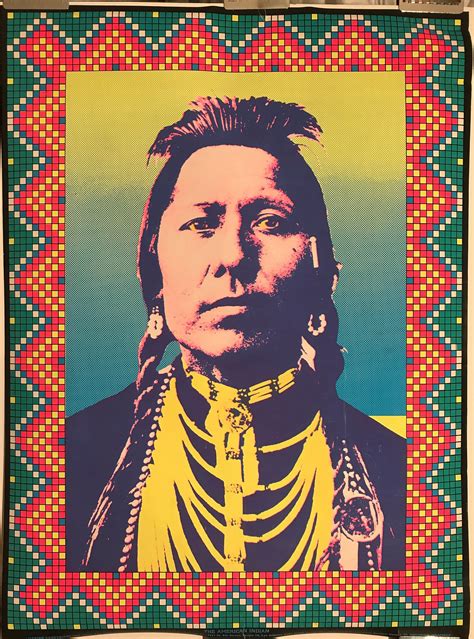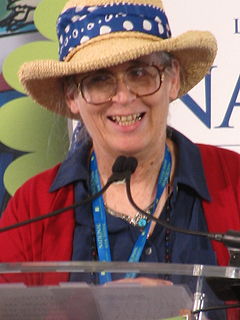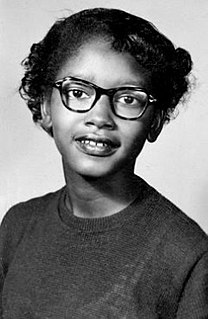A Quote by Antoine Fuqua
My responsibility is, I'm always trying to look for new people of color or even artistic people who need a chance.
Quote Topics
Related Quotes
If you look at your companies, and half of your staff are not female, and a decent percentage of them are not people of color, then you are part of the problem because you need people working for you and you need people in positions of leadership who can exercise their bias and who can exercise their perspective.
Most eyes have more than one color, but usually they're related. Blue eyes may have two shades of blue, or blue and gray, or blue and green, or even a fleck or two of brown. Most people don't notice that. When I first went to get my state ID card, the form asked for eye color. I tried to write in all the colors in my own eyes, but the space wasnt big enough. They told me to put 'brown'. I put 'brown', but that is not the only color in my eyes. It is just the color that people see because they do not really look atr other people's eyes.
In terms of writing and developing, TV is very open because TV needs stories. They need new pitches, and they need new ideas. They don't always take the risk for new ideas, but they are certainly open to it. They can't have enough people come in and pitch to them. It doesn't matter how they look or what gender they are.
The bottom line for most people who are normal is their need for other people. Even the greedy ones have this need - as long as they're not sociopathic. They may be very misguided and unhappy and do bad things and so forth, but in general if you look down deep, you find that these people are mainly concerned with other people and what other people think of them.
I you're writing memoir, but it even comes up in fiction. People just assume that you're writing thinly veiled autobiography. And particularly, I think, for people of color, our work is always seen as kind of anthropological artifact regardless. So, there's always going to be that assumption, but even more so in a memoir because often the names aren't even changed. It is easier to verify.
My mom always said to us, "You cannot judge anybody because of the color of skin." There were a lot of African immigrants in Italy at the time, and people would not even say hi in the street. And my mom, she would invite these people to the house. This is what I got from my mom: to not judge people because of their sexuality, their skin color, their religion, nothing.
White people don't have that problem, they get to go through life never having to fit into a box, and it's really more so true for white men because even just being a woman, you sort of have to walk around other people's assumptions of you and it's so exhausting and there's a sense, especially among young people of wanting to just live your life, not having to wear the weight of that pressure - pressure that people of color feel, that gay people of color feel, that women of color feel.






































